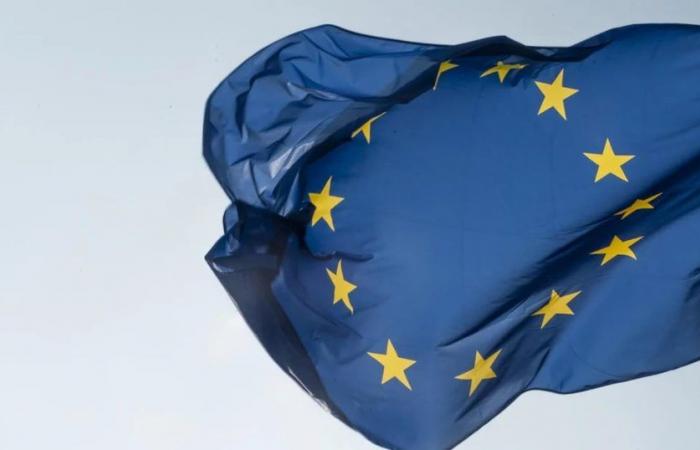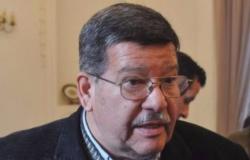
The member states of the European Union have given the green light this Wednesday to a new package of sanctions against Russia, the 14th round since the beginning of the invasion of Ukraine, which among other measures puts a stop to the Russian liquefied gas business, although it will not affect to European imports that are still not subject to sanctions. “The ambassadors to the EU have agreed on the 14th powerful and substantial round of sanctions in response to the Russian aggression against Ukraine. This package contains new measures and increases the impact of existing sanctions by closing legal loopholes,” reported the Belgian presidency of the Council in social networks. The agreement has been reached at the level of ambassadors to the EU after resolving the reluctance of Germany, which prevented reaching an agreement before the G7 meeting in Italy last week. The EU will thus put a stop to the liquefied natural gas business that they take to European ports and then, by changing ships, transport to Asia. These sanctions do not affect direct imports of Russian liquefied natural gas to the EU, which despite the war in Ukraine have reached record numbers, especially in countries like Spain, which imported 35% more in 2023. In fact, Russia has established itself as the third main supplier of natural gas to Spain, representing 18.3% of the total last year. With this step, the 27 will impose measures against port operators for the maneuvers carried out by Russian entities to remove liquefied natural gas through other ships destined for Asian markets, precisely this point was one of those that raised doubts in Berlin because of the legal consequences. Finally, one of Germany’s demands that requested the extension of the clause in the European sanctions to avoid the re-export of goods to Russia, through customs controls for products that are sold, supplied, transferred or exported to a third party, has not been contemplated. country and which already included goods for civil and military use, military systems, advanced technology or aviation material. Now Berlin insisted on adding more sectors such as chemicals or certain materials so that they would also be subject to these controls, something that has not finally materialized, diplomatic sources have explained to Europa Press.





